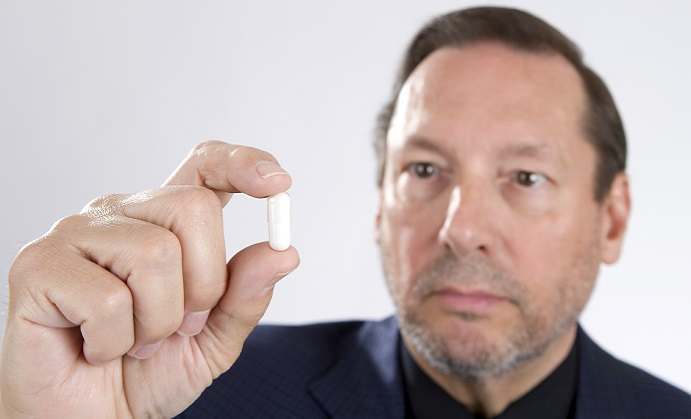Caffeine is a substance that is found in cacoa, coffee and tea plants. The main function of caffeine is to keep the body alert and it helps in reducing migraines. The body produces adenosine so that the body can sleep and rest. There is a constriction of blood vessels that occur so that more oxygen can be allowed in the brain when asleep. Caffeine has similar molecular composition like adenosine so the nerves cells get confused and allow caffeine to block adenosine.
 Sodas, energy drinks, tea and coffee contain caffeine. Per serving the caffeine that is present in these drinks range from 30mg to 400 mg. Medicines that are used to treat migraines like Anacin and Excedrin contain caffeine. Several other medicines that are available at retail outlets contain this ingredient. Although soda is one beverage that is not advisable to consume if one is suffering from migraine as it increases the blood sugar and can cause further damage. How adenosine works in the brain is that when it starts accumulating then one starts feeling sleepy. Being a chemical of the nervous system, it controls our sleep and wake cycle.
Sodas, energy drinks, tea and coffee contain caffeine. Per serving the caffeine that is present in these drinks range from 30mg to 400 mg. Medicines that are used to treat migraines like Anacin and Excedrin contain caffeine. Several other medicines that are available at retail outlets contain this ingredient. Although soda is one beverage that is not advisable to consume if one is suffering from migraine as it increases the blood sugar and can cause further damage. How adenosine works in the brain is that when it starts accumulating then one starts feeling sleepy. Being a chemical of the nervous system, it controls our sleep and wake cycle.
When caffeine enters the body, it blocks adenosine and causes the neurons to increase their impact on the brain resulting in the body believing to get into active mode. It releases dopamine which is connected with the pleasure centers of the brain. When dopamine increases in the body then it also causes a decrease in migraine as the pleasure centers of the brain are activated. Caffeine results in decreasing headaches and migraines. Caffeine also blocks the calcium channels present in the muscles thereby increasing the endurance and strength of the muscles.
 Although there are many advantages of consuming caffeine one needs to remember that this consumption should be in moderation. Anything that is consumed in high quantities can lead to side effects and there are side effects to be found in caffeine as well. These include increased level of sugar in blood and in urine, rapid heartbeats, clamminess, blurring of vision, increased production of sweat, insomnia, and dryness of mouth, irritability, thirst, diarrhoea, anxiety and respiratory distress.
Although there are many advantages of consuming caffeine one needs to remember that this consumption should be in moderation. Anything that is consumed in high quantities can lead to side effects and there are side effects to be found in caffeine as well. These include increased level of sugar in blood and in urine, rapid heartbeats, clamminess, blurring of vision, increased production of sweat, insomnia, and dryness of mouth, irritability, thirst, diarrhoea, anxiety and respiratory distress.
Caffeine can be consumed by all age groups and is widely available. Tolerance for caffeine increases depending on the amount one consumes. In order to compensate for the caffeine consumed by the body, the body produces more of adenosine. One develops hypersensitivity to adenosine and this results in side effects one develops when trying to reduce the consumption of caffeine. When one looks at the migraine medicines available then they also include caffeine as one of the ingredients and if a migraine patient decreases his intake of caffeine products along with medicines that contain caffeine then there is an upsurge of adenosine in the body. What happens now is that the receptors of the brain are acted upon by adenosine. This leads to an increase in headaches and migraines because of the increased blood flow to the brain since adenosine causes blood vessels to dilate.
Do you want to find an effective Migraine treatment? Check out our top rated Migraine products











